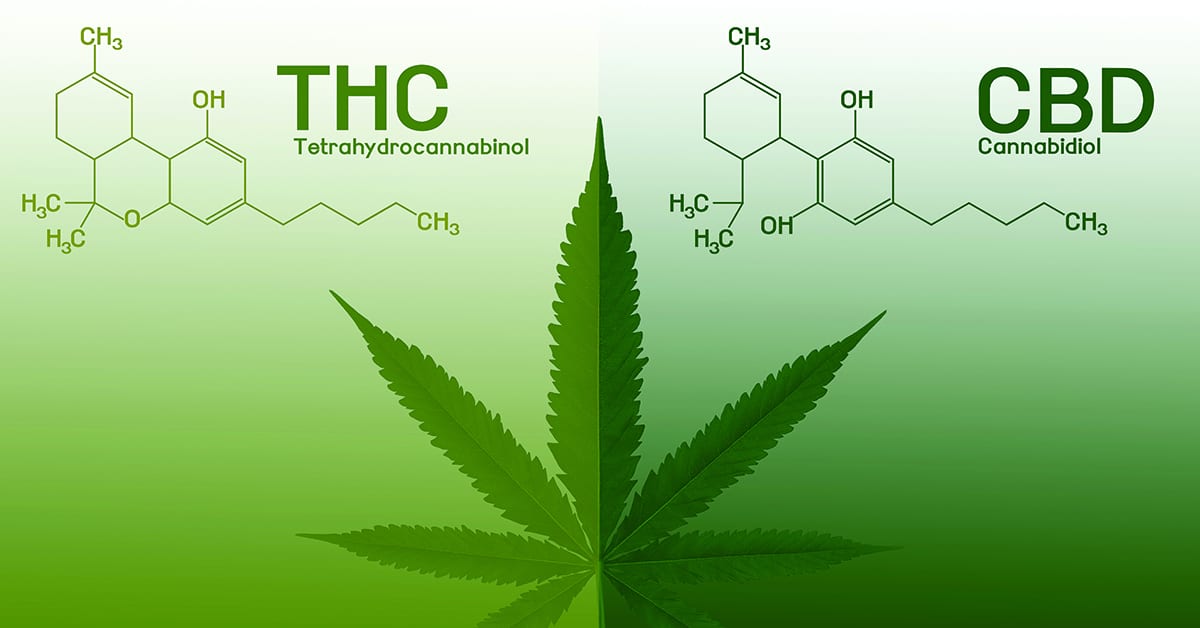CBD vs. THC: What’s the Difference and Which is Right for You?
CBD vs. THC
CBD vs. THC: CBD and THC are two of the most well-known cannabinoids found in the cannabis plant. While both compounds have therapeutic properties, they differ in their effects and legality. In this blog post, we will explore the differences between CBD and THC and which one may be right for you.
What is CBD?
CBD, or cannabidiol, is a non-psychoactive cannabinoid found in the cannabis plant. This means that it does not produce the “high” typically associated with cannabis use. CBD has gained popularity in recent years for its potential therapeutic properties, including its ability to reduce anxiety, alleviate pain, and improve sleep.
CBD works by interacting with the body’s endocannabinoid system (ECS), a complex network of receptors and neurotransmitters that help regulate various physiological processes. CBD does not bind to the same receptors as THC, which is why it does not produce the same psychoactive effects.
Several studies have investigated the potential therapeutic effects of CBD. For example, a 2019 study published in the Permanente Journal found that CBD oil reduced anxiety and improved sleep in 72 adults with anxiety and poor sleep. Another study published in the Journal of Clinical Investigation found that CBD reduced inflammation and pain in rats with osteoarthritis.
What is THC?
THC, or tetrahydrocannabinol, is the main psychoactive compound in the cannabis plant. It is responsible for the “high” associated with cannabis use. THC works by binding to the CB1 receptors in the brain, which results in the release of dopamine and other neurotransmitters.
Like CBD, THC also interacts with the body’s endocannabinoid system. However, its effects are primarily focused on the brain and central nervous system, which is why it produces the characteristic psychoactive effects.
Several studies have investigated the potential therapeutic effects of THC. For example, a 2018 study published in the Journal of Pain found that THC reduced pain intensity and improved sleep in adults with chronic pain. Another study published in the Journal of Clinical Psychiatry found that THC reduced symptoms of depression in patients with treatment-resistant depression.
CBD vs. THC: What’s the Difference?
The primary difference between CBD and THC is their psychoactive effects. CBD does not produce a “high,” while THC does. Additionally, CBD and THC differ in their legal status. While CBD is legal in most states and is available over-the-counter, THC is still illegal in many states and is only available with a prescription.
Another important difference between CBD and THC is their potential side effects. CBD is generally well-tolerated and produces few side effects. However, some people may experience mild side effects such as dry mouth, dizziness, and changes in appetite. THC, on the other hand, can produce more pronounced side effects, including anxiety, paranoia, and hallucinations.
Which is Right for You?
The choice between CBD and THC ultimately depends on your individual needs and preferences. If you’re looking for a non-psychoactive option for managing anxiety, pain, or sleep issues, CBD may be a good choice. However, if you’re looking for a more potent treatment option for chronic pain or other conditions, THC may be more effective.
It’s important to note that while CBD is generally considered safe, it can interact with certain medications and may not be appropriate for everyone. For example, CBD can increase the effects of blood thinners, which can lead to increased bleeding. It’s important to discuss your CBD use with your healthcare provider before starting treatment.
Conclusion
CBD and THC are two of the most well-known cannabinoids found in the cannabis plant. While both compounds have therapeutic properties, they differ in their effects and legal status. CBD is non-psychoactive and is generally well-tolerated, making it a popular choice for managing anxiety, pain, and sleep.


